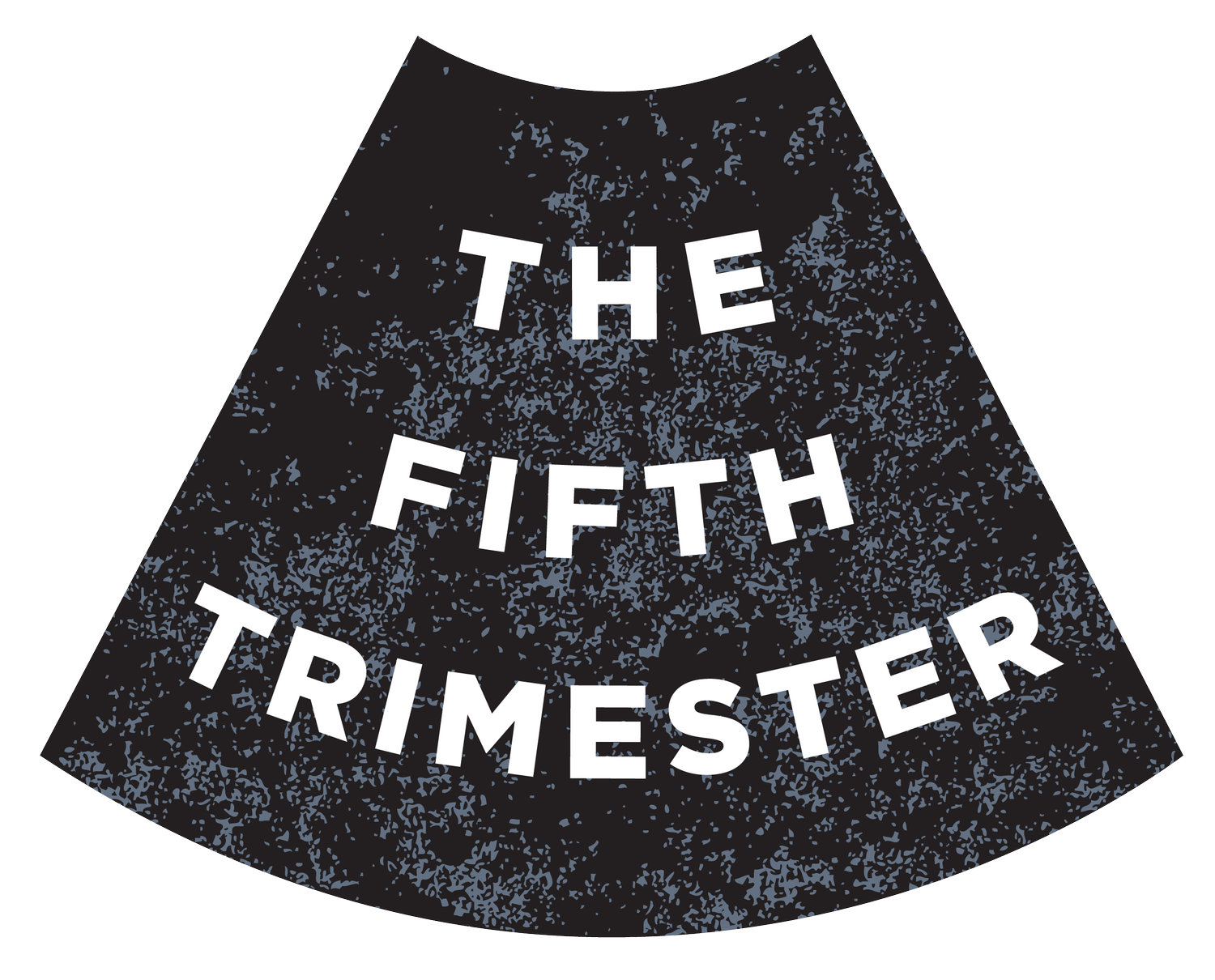image: society6.com
This little "shark" is super cute, but I kind of hate everything he stands for (sorry, fishy). Coming back to work during my Fifth Trimester after the birth of my first son, I heard this advice a lot: "Fake it 'til you make it. Just pretend you have it all together, and eventually you will!" While I agree that nothing gets you through a tough transition better than just putting one foot in front of the other and letting time tick on, the idea of faking okay-ness bugs me. Only by owning our struggles do we get to own our successes. Here's why I don't think you should fake it 'til you make it.
BECAUSE YOU ARE NOT A FAKE If you put on lipstick, you are not faking beauty or faking having your act together enough to spend 20 seconds on lipstick. You actually are beautiful. And you did find the 20 seconds. Likewise, delivering an amazing client pitch after a night when the baby was up four times is not "faking it 'til you make it." It's knowing your stuff well enough to succeed—even under crazy pressure.
BECAUSE HIDING THE STRUGGLE GIVES THE NOT-YET MOMS FALSE EXPECTATIONS The postpartum mood disorder experts I interviewed for my book agreed that we are living in an epidemic of outlandish expectations. "Mothers with high expectations are really at more of a risk for developing postpartum issues," says Wendy N. Davis, PhD, executive director of Postpartum Support International. Don't contribute to that by setting an impossibly high (and fake) bar for the coworkers who may follow you into motherhood. It's not reassuring for them to see you be perfect. It IS reassuring for them to see you be IMperfect—and stay, and grow, and succeed anyway.
BECAUSE YOUR WORK SUCCESS ISN'T SOME FLUKE Why credit your success to some head-game when you can simply credit yourself: Your talents, your skills, your level-headedness, your organization, your moxie. Realizing you've harnessed all those great qualities lets you keep drawing on them again and again.
BECAUSE...HAVE YOU EVER HEARD A MAN CLAIM TO FAKE IT TIL HE MAKES IT? I have nothing to add here.
AND BECAUSE POLICIES WILL ONLY CHANGE IF OUR NEEDS ARE VISIBLE Bosses aren't mind-readers! If you come up with some creative lie every time you leave work to take your baby to the doctor, how is your manager going to know that that's something s/he should help accommodate? By displaying your need for flexibility (and still getting your job done), you are helping yourself and the company. The majority of millennials agree that work/life flexibility is high up on their list of priorities while job-hunting. If policies don't evolve, your workplace will become Jurassic, quickly. Help yourself and your employer. Be real.

















